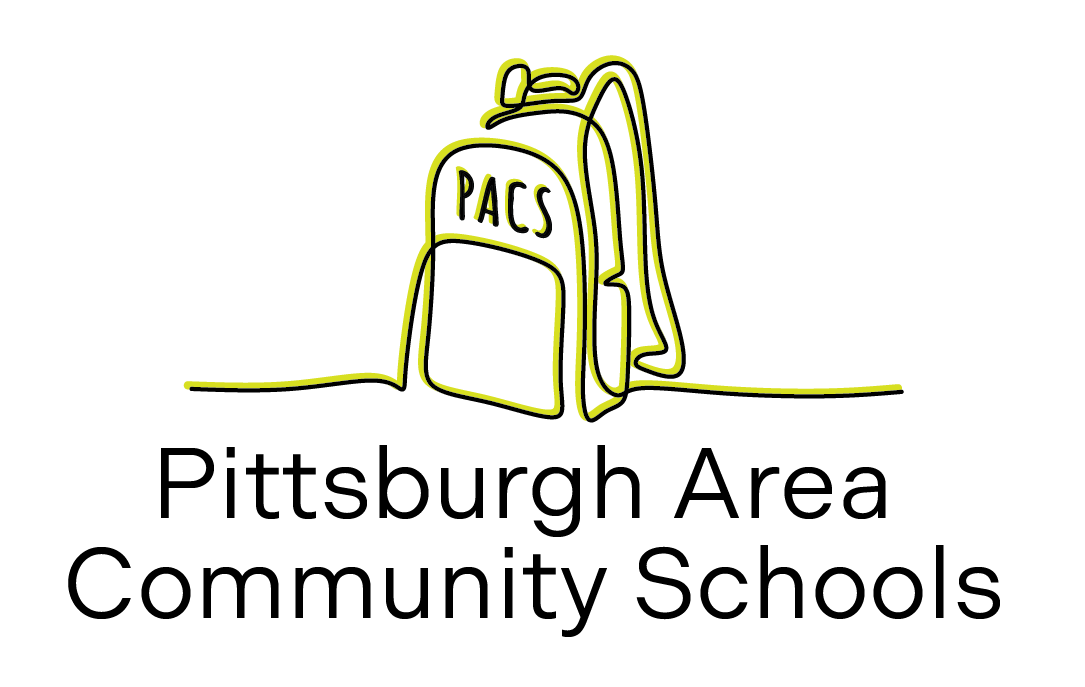CISPA Advocates for After School Programs on Capitol Hill
As school comes to an end, and the summer months quickly approach, many kids are off to summer camps and activities. However, for some children, the opportunity to partake in summer learning programs may come to a screeching halt. Last week, Communities In Schools of Pennsylvania staff member, Lauren McManus, traveled to Washington D.C. with an affiliated family from Communities In Schools of Lehigh Valley. What was their mission? To advocate for after school programs that face potential budget cuts due to the proposed elimination of the 21st Century Community Learning Centers (21st CCLC) initiative.The 21st CCLC is a dedicated funding stream that supports local afterschool and summer learning programs. Unfortunately, if this program goes unfunded, 1.6 million students will lose their afterschool and summer programs and the families and communities will be put at a greater disadvantage.According to Pennsylvania Statewide Afterschool Youth Development Network (PSAYDN), "Teens who do not participate in afterschool programs are nearly 3 times more likely to use drugs and 37% more likely to become parents." The need for these programs has never been more clear.
Last week, Communities In Schools of Pennsylvania staff member, Lauren McManus, traveled to Washington D.C. with an affiliated family from Communities In Schools of Lehigh Valley. What was their mission? To advocate for after school programs that face potential budget cuts due to the proposed elimination of the 21st Century Community Learning Centers (21st CCLC) initiative.The 21st CCLC is a dedicated funding stream that supports local afterschool and summer learning programs. Unfortunately, if this program goes unfunded, 1.6 million students will lose their afterschool and summer programs and the families and communities will be put at a greater disadvantage.According to Pennsylvania Statewide Afterschool Youth Development Network (PSAYDN), "Teens who do not participate in afterschool programs are nearly 3 times more likely to use drugs and 37% more likely to become parents." The need for these programs has never been more clear. Thanks to a partnership with PSAYDN, Communities In Schools of Pennsylvania has the ability to take these trips to Capitol Hill with families and children who see the importance of these programs. Some of the key points made while advocating on Capitol Hill are the following:
Thanks to a partnership with PSAYDN, Communities In Schools of Pennsylvania has the ability to take these trips to Capitol Hill with families and children who see the importance of these programs. Some of the key points made while advocating on Capitol Hill are the following:
- While the 21st CCLC initiative covers the costs associated with quality afterschool programs for 1.6 million children, there are 9.6 million other students who could be in a program if one were simply made available to them. Instead of cutting funding altogether, we should continue to look for ways to increase support and open more opportunities for students, and give them a shot at success.
- Every day, 11.3 million children are alone after school and are unsupervised for an average of eight hours per week. Parents of more than 19.4 million children say their child would participate in a program if one were available to them.

- Afterschool programs are cost-effective investments that have many benefits to working families and their children. Specifically, it increases safety and personal success among students.
Visit Afterschool Alliance to learn more about what you can do to advocate for the children.
